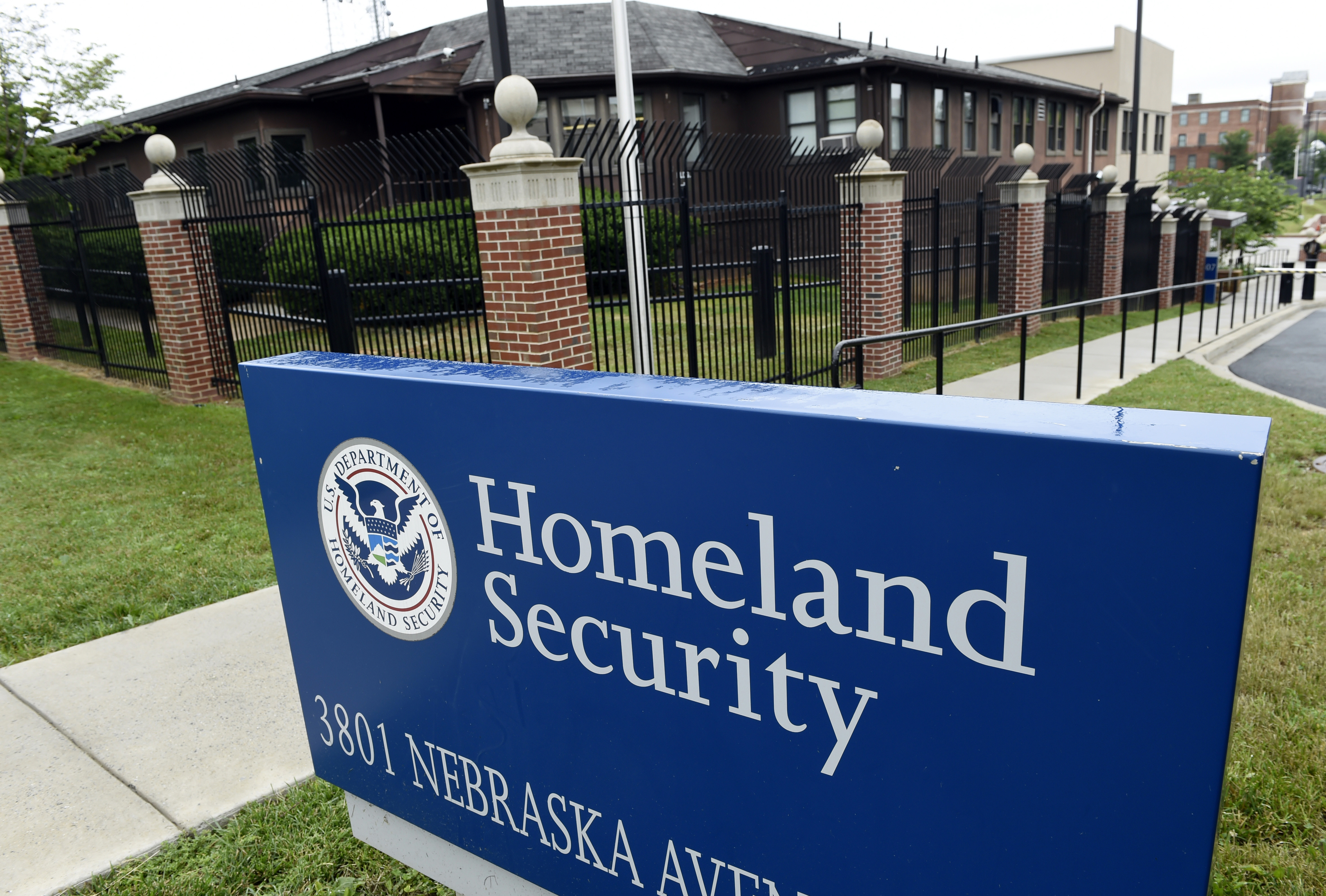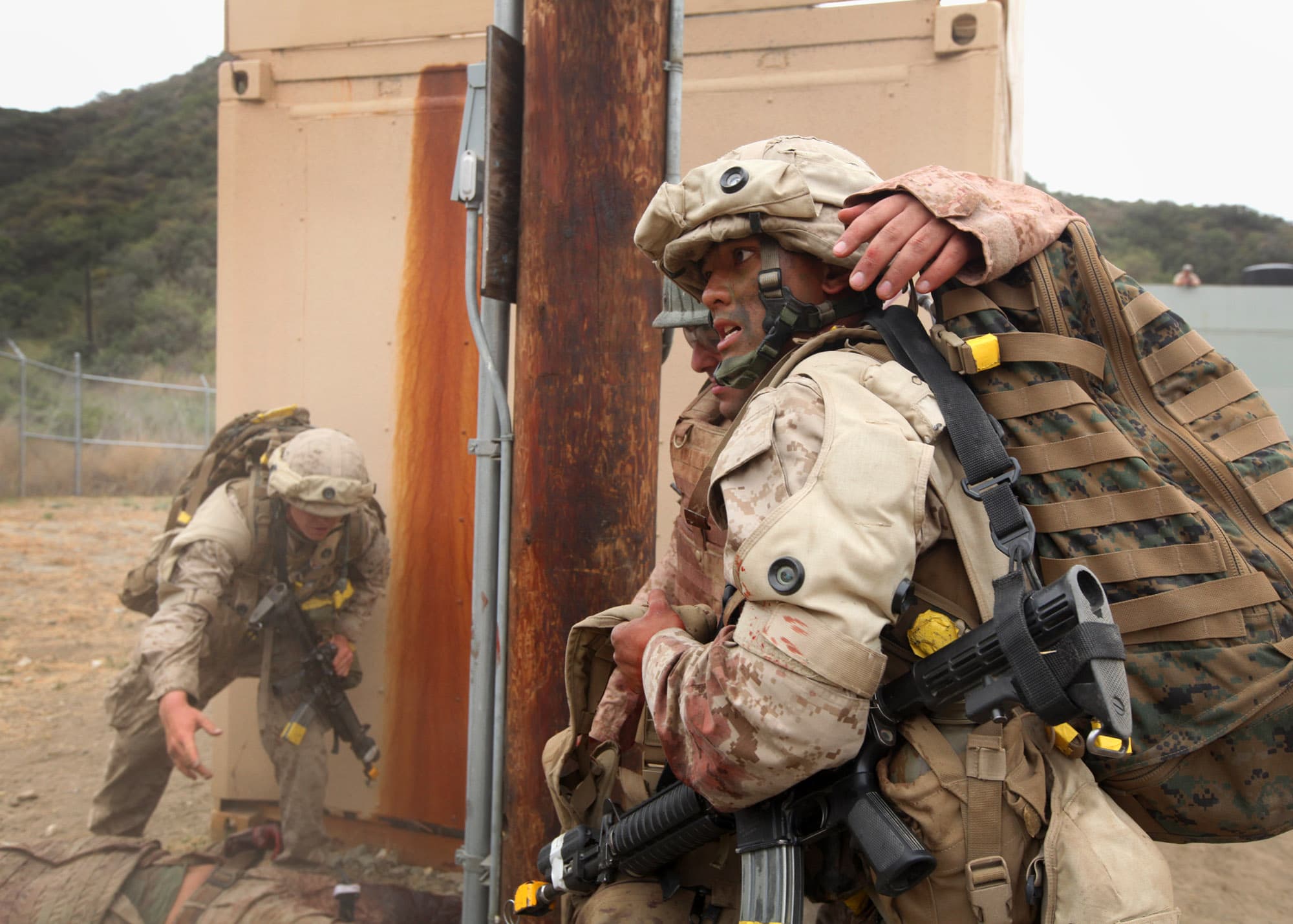The Immigration and Customs Enforcement agency, known for its controversial tactics and aggressive enforcement of immigration laws, is ramping up its militarization with a staggering $1 million acquisition of "Hyper-Realistic™" training gear from military contractor Strategic Operations. This purchase is not just about new equipment but signifies a disturbing trend towards increased paramilitary-style operations against marginalized communities, raising alarms about civil liberties and public safety.
ICE"s Shift Towards Militarization
According to leaked documents obtained by Unicorn Riot, the Special Response Team (SRT) handbook outlines a framework for planning and executing armed raids. The handbook, in effect since 2005, details how ICE personnel should conduct these high-risk operations, often in communities already vulnerable to aggressive law enforcement tactics. The handbook"s language reveals a chilling emphasis on potential risks that could justify deploying militarized responses to routine civil matters.
Increased Federal Tactical Team Activity
The trend of increased deployments of ICE"s Special Response Teams is alarming. Data shows that from 2006 to 2014, ICE SRT operations surged from 134 to nearly 400 deployments annually. This dramatic rise indicates a normalization of militarized tactics in everyday law enforcement, far beyond their original intended purpose of responding to active shooters or hostage situations. The implications of this shift are profound, particularly for communities of color and immigrant populations who bear the brunt of these aggressive tactics.
Corruption and Political Sensitivity
ICE’s operations are inherently political, especially when targeting communities involved in labor organizing or other forms of resistance. The SRT handbook acknowledges that certain operations can be considered "sensitive" due to their potential impact on public trust and political stability. These operations often target individuals involved in activism or advocacy, raising concerns about the agency"s motivations and its role in undermining democracy.
Impact on Workers’ Rights
The intertwining of ICE operations with labor disputes raises significant concerns for workers" rights. Reports have emerged suggesting that ICE raids may be used to intimidate workers during union organizing efforts. The National Immigration Law Center warned that ICE investigations could disrupt labor investigations, further complicating workers" ability to advocate for their rights. This presents a clear conflict of interest and a violation of basic labor rights.

Los Angeles ICE raids fuel controversy over masked agents ...
Consequences for Communities
The consequences of this militarized approach to immigration enforcement extend beyond immediate raids. The fear and anxiety generated by such operations create an atmosphere of terror, dissuading community members from reporting crimes or seeking assistance from law enforcement. It creates a cycle of distrust, where marginalized communities feel targeted rather than protected. The SRT"s increasing presence in cities across the country signifies a blatant disregard for the humanity of those it seeks to control.
Calls for Reform from Within
Critics, including 19 field directors from HSI, have expressed concerns about the effectiveness and transparency of ICE"s dual missions. They have called for a separation of HSI and ERO into distinct entities, arguing that the agency has become too specialized for its own good. This internal dissent highlights the urgent need for accountability and reform within ICE, as it continues to operate with little oversight.
The leaked handbook also provides insight into the rigorous physical and tactical training SRT members undergo, including the use of diversionary devices like flash-bang grenades. This level of preparation indicates a shift toward viewing immigrant communities as threats rather than individuals deserving of dignity and respect.
Conclusion
The recent developments surrounding ICE"s militarization underscore a critical moment in the ongoing struggle for justice and accountability in immigration enforcement. As ICE continues to acquire advanced tactical training and implements aggressive operational strategies, the voices of marginalized communities must be amplified. It is crucial to demand transparency and accountability from agencies that wield such power over the lives of countless individuals.

DHS has a program gathering domestic intelligence — and ...

![[Video] Federal officers deploy sting balls and flash grenades at Whipple Building](/_next/image?url=%2Fapi%2Fimage%2Fthumbnails%2Fthumbnail-1768340555229-vhfcc-thumbnail.jpg&w=3840&q=75)
![[Video] Crowd-control weapons used in Minneapolis as anti-ICE protesters attack police vehicle](/_next/image?url=%2Fapi%2Fimage%2Fthumbnails%2Fthumbnail-1768336302231-akxf7s-thumbnail.jpg&w=3840&q=75)

![[Video] Protests erupt in Minneapolis after ICE detains teenager, multiple arrests made](/_next/image?url=%2Fapi%2Fimage%2Fthumbnails%2Fthumbnail-1768331835371-z9ylqg-thumbnail.jpg&w=3840&q=75)


![[Video] Gunfire between Iraqi security forces and Sadr militias in Baghdad](/_next/image?url=%2Fapi%2Fimage%2Fthumbnails%2Fthumbnail-1768343508874-4redb-thumbnail.jpg&w=3840&q=75)
